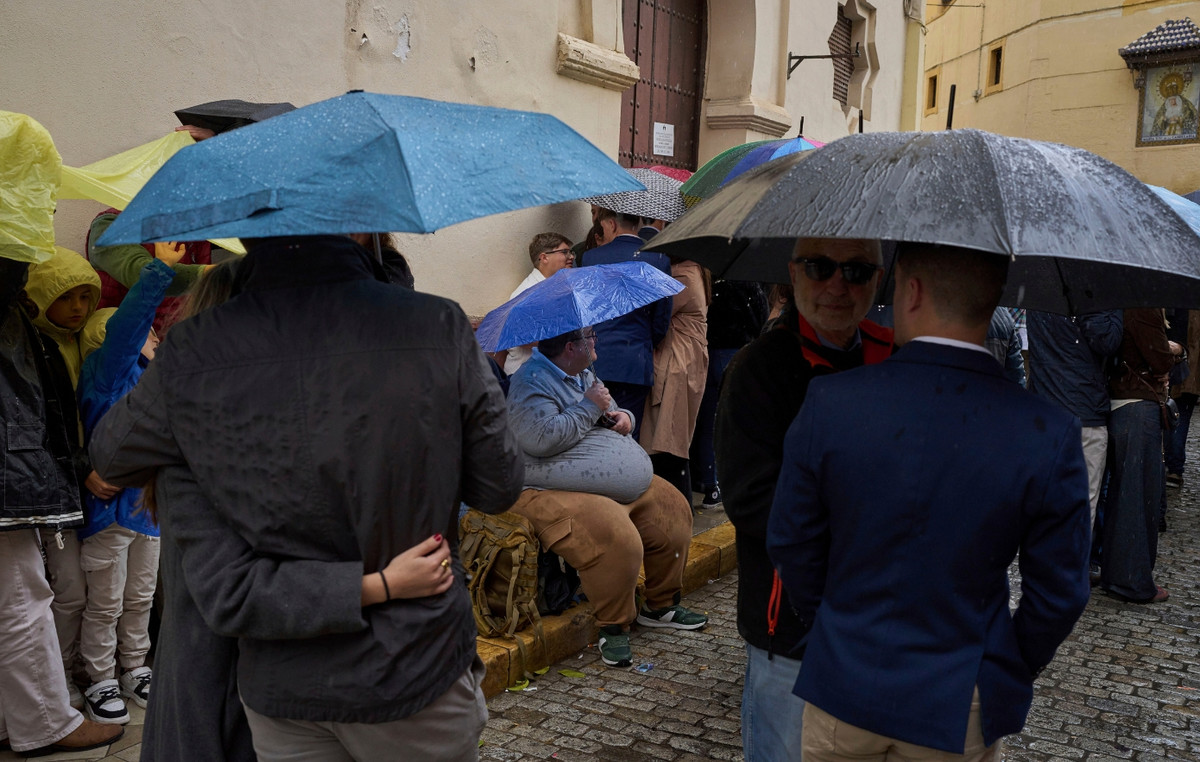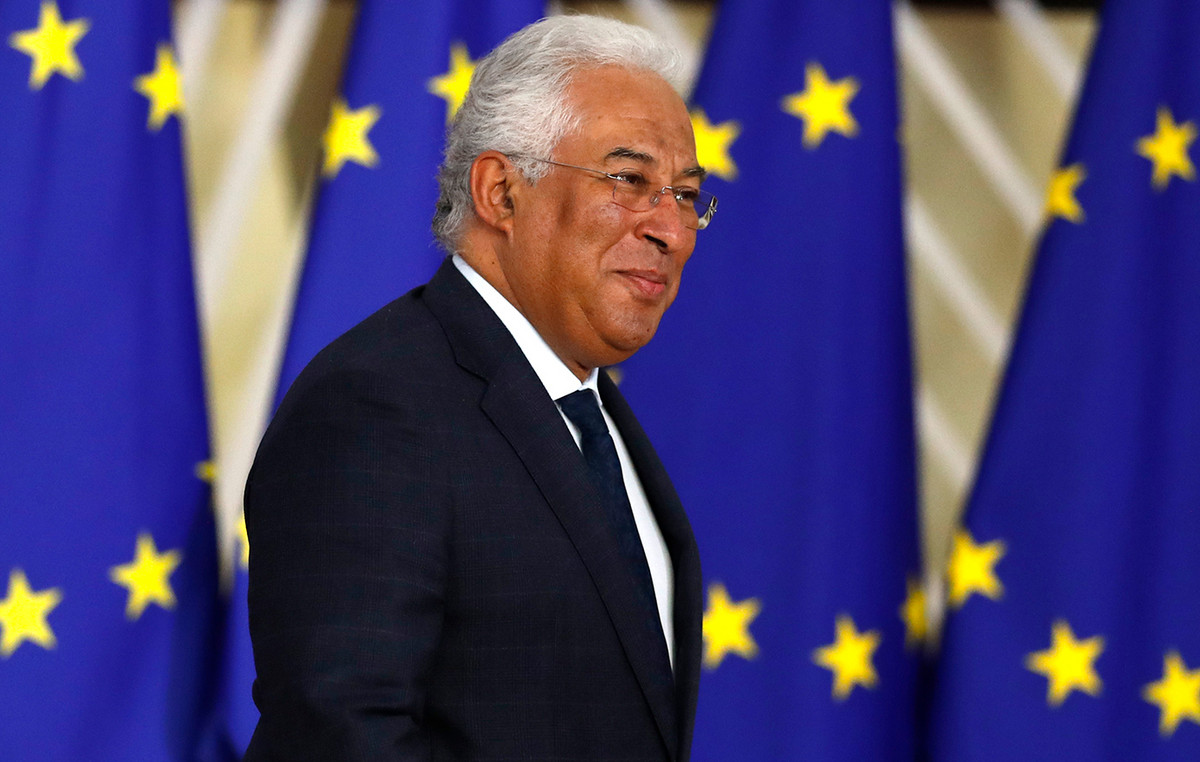The social psychologist Jonathan Haidt author of the book “The Anxious Generation”, evaluates that the agenda of social networks by children and adolescents is one of the guidelines that can overcome political polarization seen in countries such as the United States, where the researcher was born and raises two children, and Brazil, in which he will participate in a series of lectures on the subject.
“As you know, my country is very polarized, and I know that Brazil is also [dividido] between left and right. But in the end, everyone has children, ”says Haidt, who participated in the CNN Interviews this week. “Republicans have children, Democrats have children, Lula supporters have children, Bolsonaro supporters have children.”
For haidt, children and adolescents have made early and excessive use of devices such as cell phones and tablets, as well as access to networks such as Instagram, Tiktok and YouTube. This significantly raised cases of depression, anxiety and suicide in these age groups, according to studies conducted by the psychologist addressed in “The anxious generation.”
“Everyone raising children in the modern era is facing this problem: these devices have been made to addict children, they are hurting mental health on a global scale, hundreds of millions of children,” says Haidt.
It had never happened that all parents in the world had something in common with a threat or problem. Childhood used to be very different in each country.
Jonathan Haidt, Social Psychologist
Haidt defends four measures to be taken by society – not necessarily by governments – to deal with the problem:
- No smartphones up to 14 years;
- Access to social networks only after 16 years;
- Schools without cell phones;
- More independence, play autonomously and greater responsibility for children.
The first and fourth “rule”, explains Haidt, are social norms, not state -owned. In other words, it is measures that parents themselves, families in a neighborhood or school should agree with each other. In items 2 and 3, yes, the psychologist says it is “I need government help.”
Brazil and Australia as examples
Haidt cites laws passed by Australia and Brazil as good examples in this regard. Here, the psychologist praises the legislation that came into force this year and prohibits the use of cell phones during classes and intervals of public and private schools. “It’s essential legislation. Brazil, I believe, is the largest country so far to implement it. I am happy that Brazil has done it.”
In the Australian case, legislation was created that raised the minimum age 16 to open accounts on social networks, but imposed the requirement that platforms find that information is true.
“You declare that you are 16, and companies should check. For the first time, companies will take some responsibility for the inconvenience and damage they are causing,” says Haidt. “I hope that in Brazil you think of similar legislation. Several countries are thinking of following the example of Australia.”
The American psychologist will discuss the relationship between children and young people and social networks, this Monday (19), in Borders of Thought in São Paulo, with sold out tickets. In addition to Jonathan Haidt, the borders of thought will receive the writer Chimamanda Ngozi Adichie and neuroscientist António Damásio. THE CNN Brazil It is media partner of the event.
Using excessive cell phone can add up to 27 kg to the column
This content was originally published in a country is polarized, but everyone has children, says Jonathan Haidt to CNN on CNN Brazil.
Source: CNN Brasil
I am an experienced journalist and writer with a career in the news industry. My focus is on covering Top News stories for World Stock Market, where I provide comprehensive analysis and commentary on markets around the world. I have expertise in writing both long-form articles and shorter pieces that deliver timely, relevant updates to readers.







